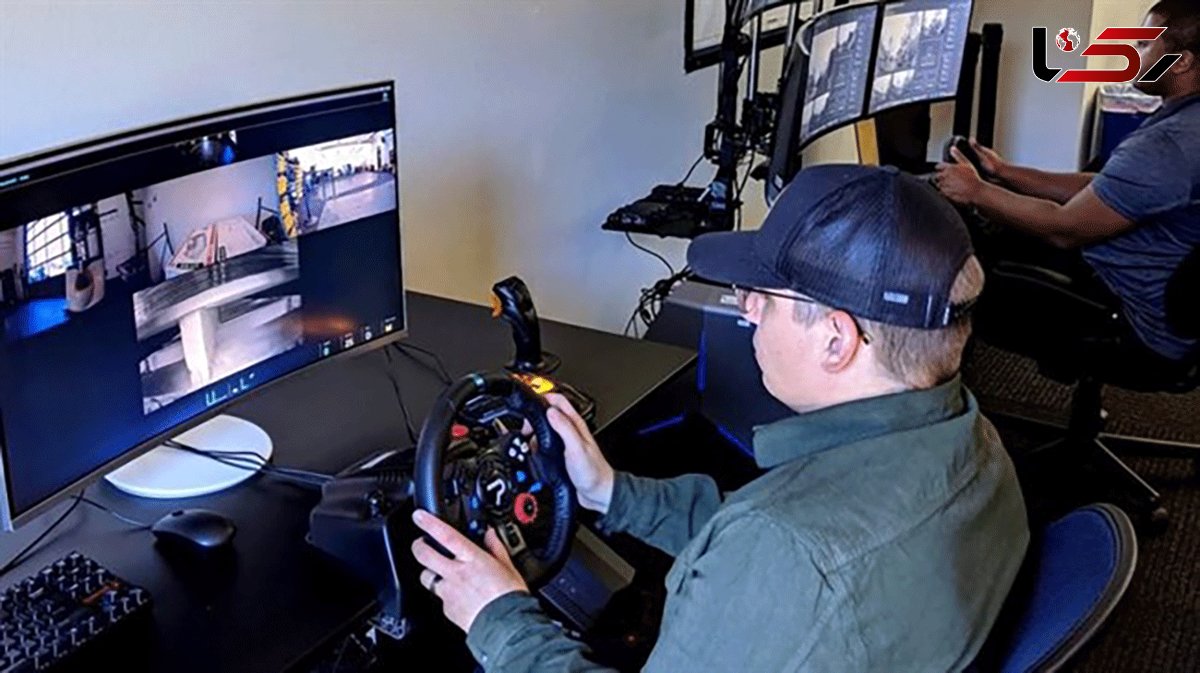Forklift truck drivers who never leave their desks
rokna: During the pandemic, many of us have relied on having goods delivered to our homes more frequently than before.

But as COVID-19 spreads easily, the warehouses dotted along the world's supply chains have become potential hubs of disease transmission, said Elliot Katz, cofounder of Phantom Auto, BBC reported.
The solution, he suggested, is to reduce the number of people working in those environments. Take forklift operators, for instance — with remote-control technology they can now work off-site, controlling their machines from afar.
"We have customers today where we are fully remotely operating those forklifts from remote locations," said Katz, whose firm has equipped a string of new clients with these systems in recent months.
Phantom Auto's technology is now installed in around a dozen warehouses in the US and Europe, he added.
Some see this concept, teleoperation, as a stepping stone between traditionally driven vehicles and the truly autonomous ones of the future. But is it safe to drive a large truck or forklift device from miles away? And is it more economical than having a trained driver or operator on site?
When it comes to remote-controlled vehicles, teleoperation generally involves kitting out a car or truck with cameras and other sensors that feed information to a remote operator in a separate building.
Multiple monitors provide a wide field of view so the operator can see what is around the vehicle. Generally, driving control is enabled by a joystick or steering wheel and pedals on the floor.
Some of the warehouses using Phantom Auto's technology fence-off the space where the remote-controlled forklifts work, said Katz and the forklifts are also fitted with microphones so the operator can be warned should something be about to go wrong.
"If someone is behind that forklift and says, 'Hey, you're about to hit me,' the operator can hear it just like he's sitting on the forklift," said Katz.

Send Comments